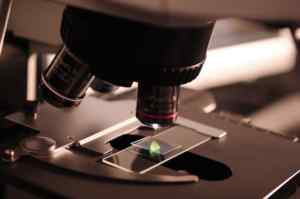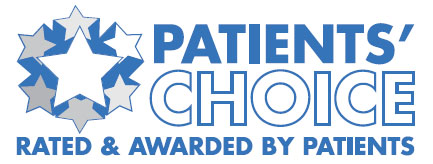The idea of no scalpel Easy Vasectomy® can seem daunting – on the one hand, it is a minimal invasive procedure done in a doctor’s office within 10 minutes, using only local anesthesia, and it is one of the most reliable, cost-effective forms of long term birth control available. On the other hand, a vasectomy can feel like kind of a drastic step to take because vasectomy is a surgical procedure. Although the techniques used in no scalpel Easy Vasectomy® is so advanced and so minimal invasive, still, many men in Minnesota and Florida hesitate to have their vasectomy done due to three factors: fear of pain, cost, and time. We are talking about each of them in this series of blogs. The first blog is to talk about pain related to vasectomy.
 How painful is it during the Easy Vasectomy® procedure?
How painful is it during the Easy Vasectomy® procedure?
The number one objection voiced by the male patients in Minnesota and Florida to having a vasectomy done is the fear of pain. Believe or not, the no scalpel Easy Vasectomy® procedure is incredibly simple, safe and almost pain free. How do we achieve it?
1. No scalpel: The new surgical techniques of the no scalpel vasectomy greatly minimize trauma and pain by only making a small, single punch in the skin of scrotum with special instruments, as opposed to a conventional, more invasive open procedure.
2. No Needle: Madajet is a spray applicator that delivers a fine stream of anesthetic at a pressure great enough to penetrate the skin and envelop the vas deferens tube beneath the skin with an almost 100% efficacy rate, eliminating the need for additional anesthetic. There is no needle involved during the whole process of procedure.
3. No suture: The size of wound is a few millimeter only, and it is so small that it doesn’t need any stitches to close. The sutures in the wound can more or less cause the suture reaction in tissue and cause pain.
95% of the vasectomy patients in Minnesota and Florida said there was mild, minimal, or no pain with their brief vasectomy procedure. Each patient is unique, and some are more sensitive to pain and discomfort than others. For some men, thinking about it may be more discomforting anxiety than the actual procedure. By offering no needle and no scalpel techniques for a vasectomy, Procedure Clinic in the Twin Cities and Orlando has mitigated the pain of the procedure and the fear that comes with it.
How long will I experience discomfort after Easy Vasectomy®?
The single wound in the middle of scrotum after Easy Vasectomy® is so tiny that it doesn’t even require a suture to close it, which further facilitates the recovery and healing. Discomfort afterwards is minimal. A shorter recovery time with mild swelling and bruise means that patients will be back to their normal routine just in two days after the procedure.
Small percentage men state they still felt a certain degree of ache or discomfort for a few weeks after the procedure, but if you’re still sore or tender after more than a couple weeks you may want to give your physician a call. Post vasectomy pain syndrone (PVPS) occasionally occurs in some patients, and it usually resolves in a few months after interventions.

 Vasectomy may NOT be a good choice for the men in Minnesota who:
Vasectomy may NOT be a good choice for the men in Minnesota who:
 The fear of increasing one’s risk of prostate cancer has stopped some men from undergoing a
The fear of increasing one’s risk of prostate cancer has stopped some men from undergoing a  One of the biggest risks and potential effects of undergoing a
One of the biggest risks and potential effects of undergoing a  Led by a small team of scientists from the Institute for Therapeutics Discovery and Development at the University of Minnesota, the search for a non-hormonal male birth control pill ultimately zeroed in on the toxic substance known as ouabain. Found in two types of African plants, ouabain was traditionally used as poison on hunting arrows and is sometimes medically used to treat heart arrhythmias.
Led by a small team of scientists from the Institute for Therapeutics Discovery and Development at the University of Minnesota, the search for a non-hormonal male birth control pill ultimately zeroed in on the toxic substance known as ouabain. Found in two types of African plants, ouabain was traditionally used as poison on hunting arrows and is sometimes medically used to treat heart arrhythmias.


